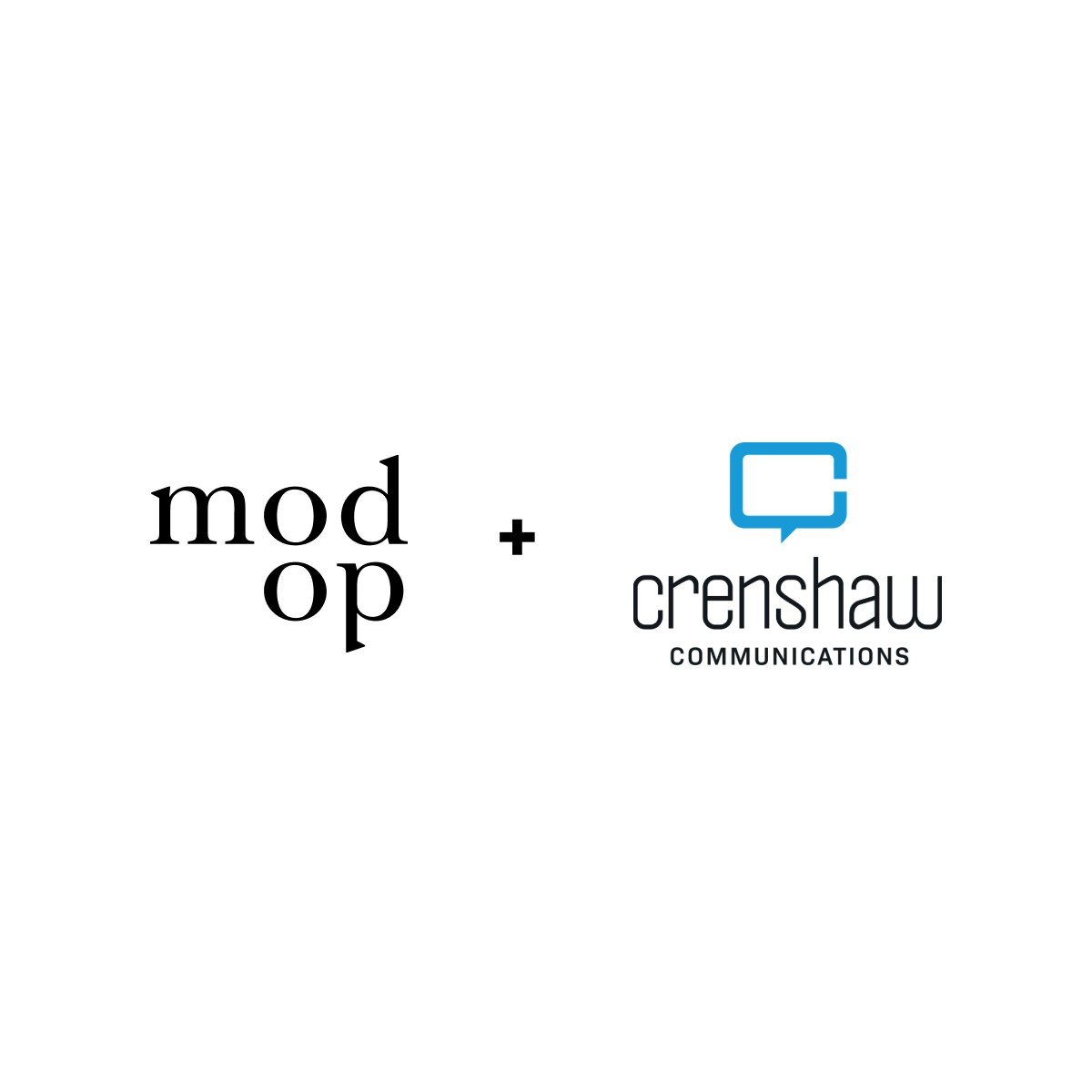Obvious statement: 2023 was a breakout year for generative AI. Its impact was felt everywhere, and the PR business was no exception.
Midway through 2023, I wrote a blog post on why tech is important to PR, including a section on “the chatbot in the room,” aka generative AI. TL/DR version: AI is to PR now what social media was to PR in the early aughts. It will dramatically influence communications and provide new avenues for PR – but only for those professionals who choose to harness it.
In other words, when it comes to PR and generative AI, I’m skeptical about deep adoption across the industry. I anticipate a growing rift between PR practitioners who embrace generative AI and those who will choose to just keep doing things the way they’ve always done them.
So when media database Muck Rack released the “State of AI in PR January 2024,” I was curious to see if the data would support my theory.
About Muck Rack’s State of AI in PR January 2024 Report
Muck Rack’s latest State of AI in PR report was released earlier this month. It surveyed 1,001 PR professionals from November 2 through December 14. According to the report, “The goal of this survey is to deliver insights to the PR industry to help improve the workflow of public relations professionals, particularly around the rapidly expanding field of generative artificial intelligence.” Muck Rack says the survey was fielded primarily through email.
You can download the full State of AI in PR report on their website. (We are Muck Rack customers, but are not otherwise affiliated with the brand.)
In reviewing Muck Rack’s latest report, here are a few of my top takeaways:
The number of PR pros using generative AI doubled between March and November 2023
According to Muck Rack, the number of PR pros who said they use generative AI more than doubled from 28% in March to 64% in November. The claim that a majority of PR people surveyed are using generative AI only a year after ChatGPT’s release is a big claim. Based on my experience, both as an PR person and a member of the team at PR tool Propel PRM, Muck Rack customers tend to be a little more tech-savvy than average. Muck Rack does not disclose what portion of the 1,001 survey participants are Muck Rack customers, but I imagine it’s the majority. If true, the share of PR pros reporting that they use generative AI may be a bit inflated. I’m not convinced.
Still, if we look at the change in adoption between March and November, it may point to where we may be on Rogers Innovation Adoption Curve. With that kind of hockey stick growth, I believe we could be near the end of early adopters or into the early majority. That’s why I would not be surprised to see adoption of generative AI among PR pros increase slightly before leveling off in 2024.
Brands and agencies are misaligned on disclosure expectations
According to Muck Rack, “21% of agency PR pros say they never disclose their AI use to the clients. [While] only 6% of pros at brands think that’s the right move,” this calls to mind larger conversations around transparency and ethics. It’s similar to what we saw with Sports Illustrated, which admitted in December 2023 to using AI to generate author profiles without informing readers or crediting the AI.
Questions around disclosure — when, what and how much — are not new. We saw newsrooms grapple with rules for AI throughout 2023. Expect the conversation to continue in 2024 for anyone and everyone who touches communications. Which leads into the next stat about generative AI and governance.
72% of companies don’t have an AI policy in place
While 21% of respondents said their workplaces have an AI policy in place, 72% reported they don’t have one (though 22% noted plans to create one). Most (75%) also don’t offer AI training. I imagine these are factors further agitating the misalignment between agencies and brands. The report shows that (not surprisingly) larger companies tend to have an AI policy in place; it doesn’t report which types of teams – in-house or agency – are more likely to be subject to an AI policy.
AI policies can take various forms. As Mod Op CTO Tessa Burg shared with our team recently, 2024 is likely the year AI Councils will go from “cool” to necessary. I tend to agree, especially as agencies grapple with how to fulfill both client expectations and requirements. (You can learn more about Mod Op’s AI Council on the Mod Op Leader Generation podcast.)
67% are worried about overreliance on tools by the next generation in PR
When asked about the risks generative AI tools pose to the PR profession, 67% of survey respondents said “young/newer PR pros don’t learn the principles of the profession and rely too heavily on tools.” This was the most common response, surpassing concerns about lowered quality of conversations, clients/firms replacing content creators with AI, and audiences getting overwhelmed by content.
The report also has a section on “anti-AI PR pros.” Common reasons for not exploring generative AI included unpredictable outputs (45%), “I don’t think it will help my job” (39%), and concerns about privacy (39%). But the top reason was “other,” with responses covering a wide range of reasons. “Some say there’s an ethical reason to avoid AI,” the report says, and “others cite security concerns.”
One anti-AI PR pro, showcasing a narrow view of generative AI’s potential service for the PR industry, responded,”Why should anyone be bothered to read something I couldn’t be bothered to write?”
For me, these two sections of the report point to the potential rift between PR practitioners who will embrace generative AI and those who do not. The latter group, in my view, will miss opportunities to create awareness, build credibility, maintain relationships, and influence the public’s attitude toward their brand or organization — ultimately the main objectives of PR.


